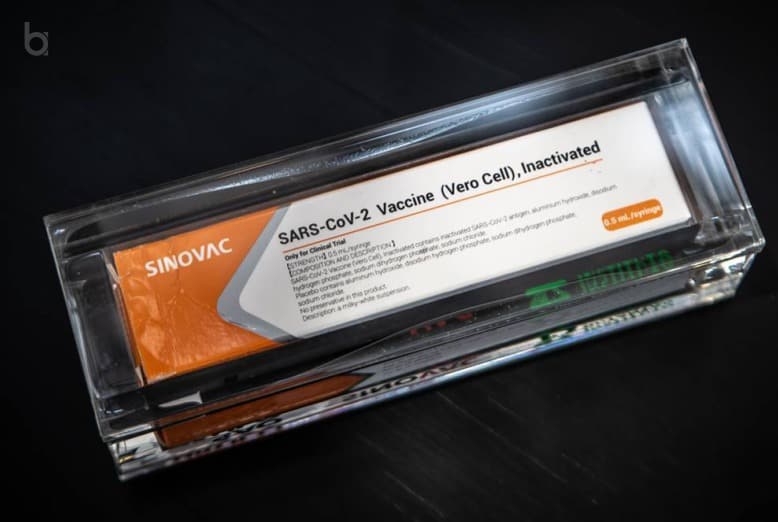CoronaVac, the experimental COVID-19 vaccine made by Sinovac Biotech, triggered a quick immune response, however; the levels of the antibodies produced were drastically reduced in people who had recovered from the disease.
Researches have put forth that the CoronaVac could provide sufficient protection, based on their experience with other vaccines and data from preclinical studies even if it was not designed to assess the efficacy of CoronaVac during the early to mid-stage trials.
Along with Coronavac, four other experimental vaccines that are developed in China are undergoing late-stage clinical trials for determining the efficacy in the prevention of COVID-19.
The verdicts regarding CoronaVac
Published in a peer-reviewed paper in the medical journal The Lancet Infectious Diseases, the Sinovac findings came from results in Phase I and Phase II clinical trials in China involving more than 700 participants.
Zhu Fengcai of the Jiangsu Provincial Center for Disease Control and Prevention in Nanjing and a co-author of the paper said, “Our findings show that CoronaVac is capable of inducing a quick antibody response within four weeks of immunisation by giving two doses of the vaccine at a 14-day interval.”
The researchers noted that only healthy adults were involved during the Phase II trials. The study said that it neither included the people who were more susceptible to be infected by COVID-19 nor the ones with underlying diseases.
Phase III trials are also underway in Indonesia and Brazil, which have reported more cases of COVID-19 after India and the USA. The findings from these studies are crucial to deciding if the immune response generated by CoronaVac was sufficient to protect people from the coronavirus infection.
A better option
CoronaVac being one of the three experimental COVID-19 vaccines made in China is being used for the inoculation of hundreds of thousands of people under its emergency use programme.
China’s emergency programme included two other vaccines, both developed by institutes linked to Sinopharm, and another vaccine from CanSino Biologics were also known to be safe and triggered immune responses in early and mid-stage trials.
A Sinovac researcher involved in the CoronaVac study, Gang Zeng, announced that CoronaVac could be a better option as a vaccine since it can be stored at normal fridge temperatures of between 2 and 8 degrees Celsius (36°- 46°F) and may continue to be stable for up to three years. Gang also said, “(It) would offer some advantages for distribution to regions where access to refrigeration is challenging.”
On the contrary, the vaccines produced by Pfizer/BioNTech and Moderna use a new technology called synthetic messenger RNA (mRNA). This technology helps to activate the immune system against the virus and require far colder storage.
Though Pfizer’s vaccine can be kept in a normal fridge for up to five days, or up to 15 days in a thermal shipping box, it must be stored and transported at -70C. The Moderna vaccine is expected to be stable at normal fridge temperatures for 30 days but to store it for a period of six months it needs to be kept at -20C.
Brazil and Indonesia are considering CoronaVac to be inoculated in the coming months.




















